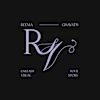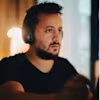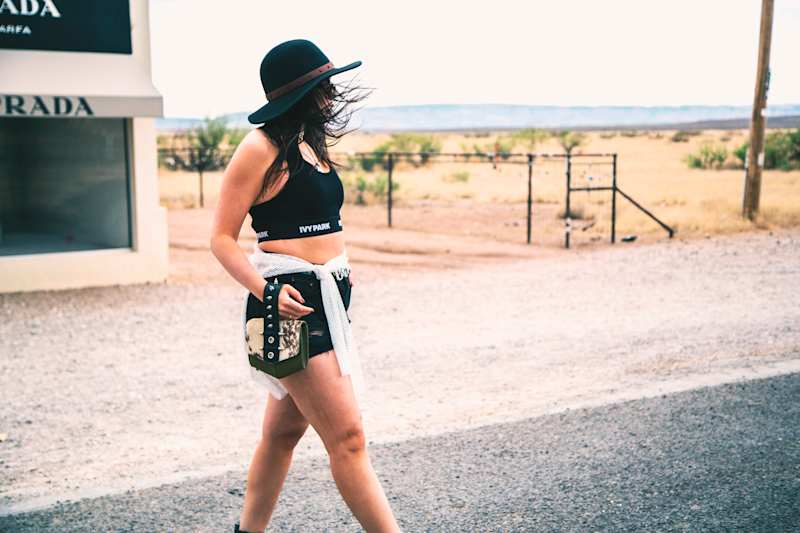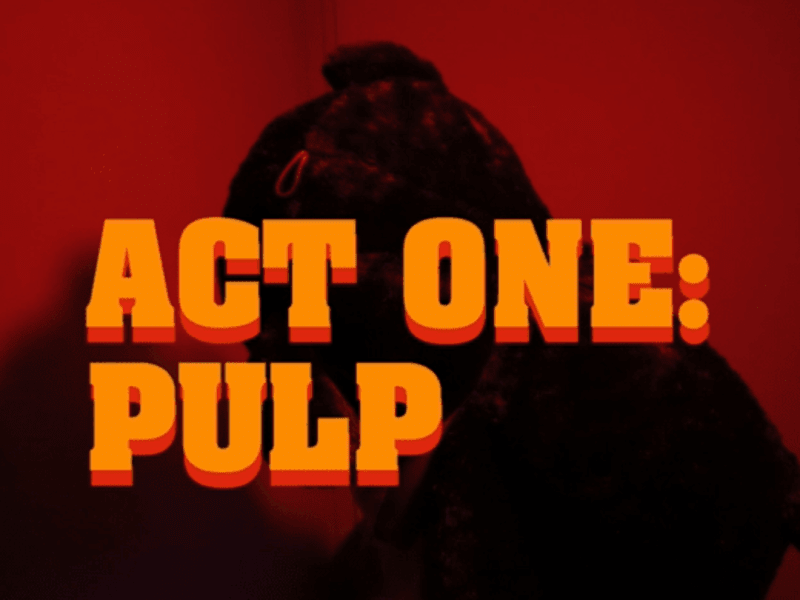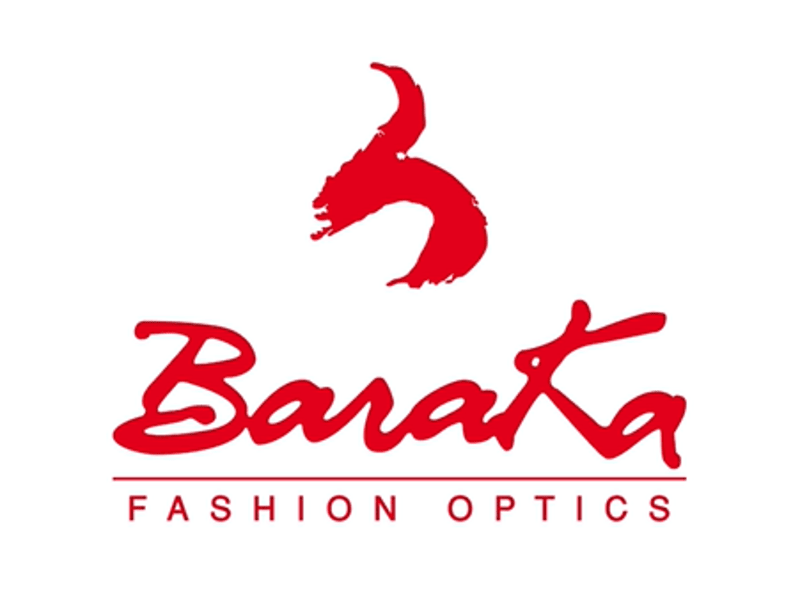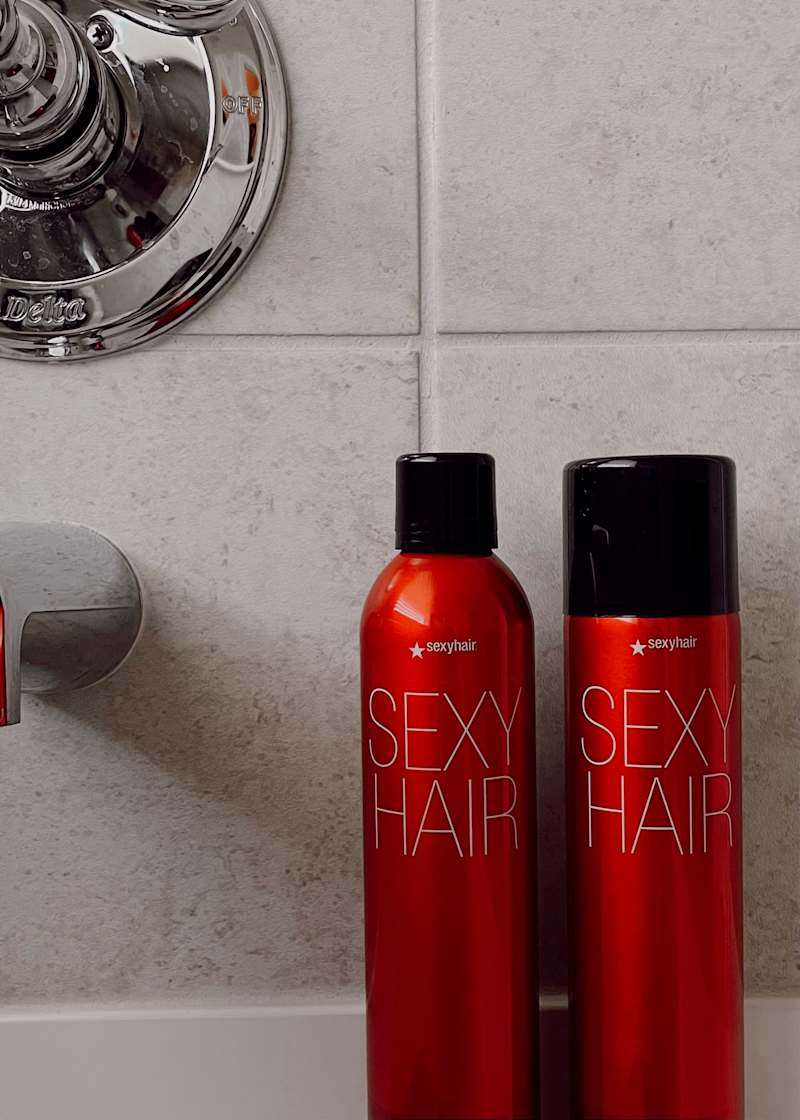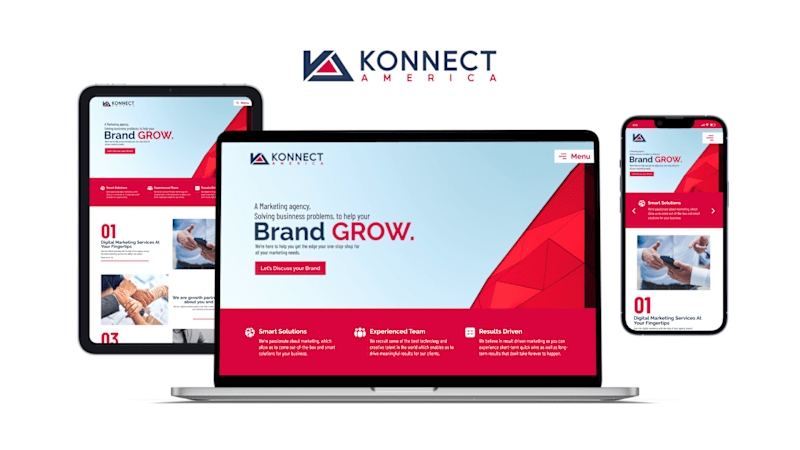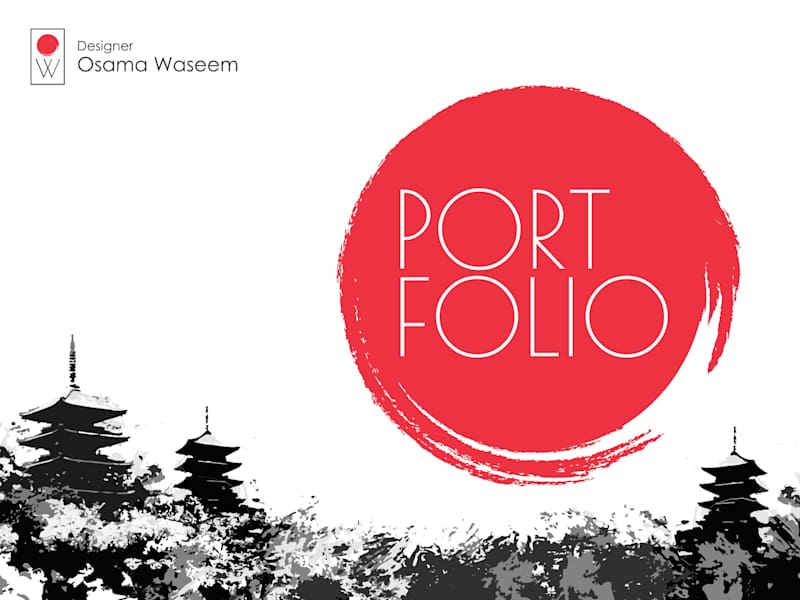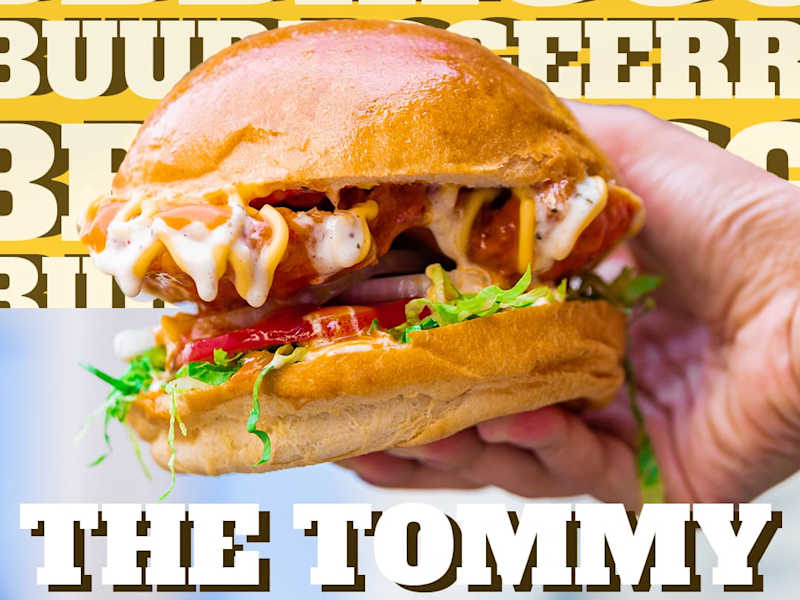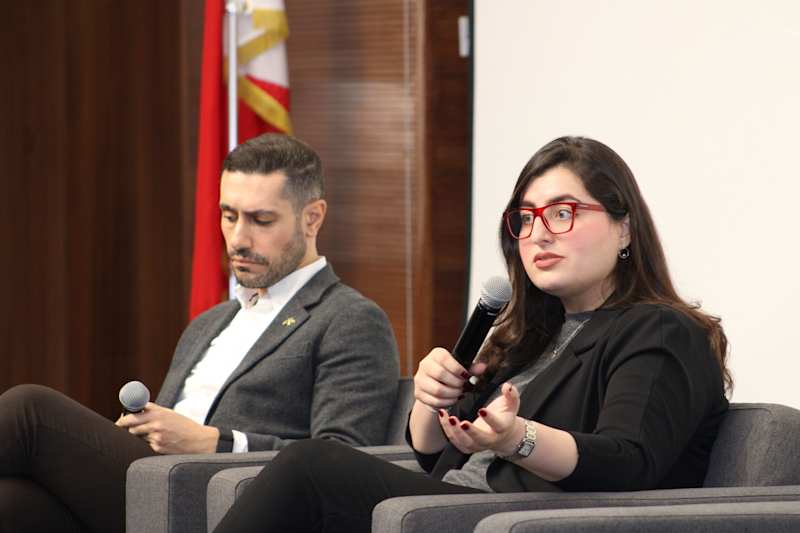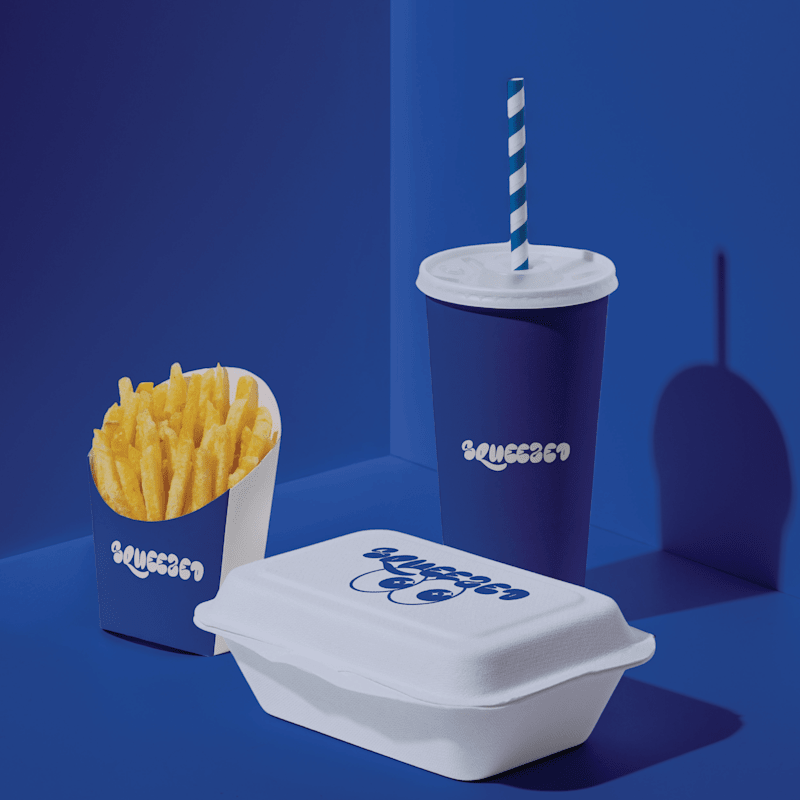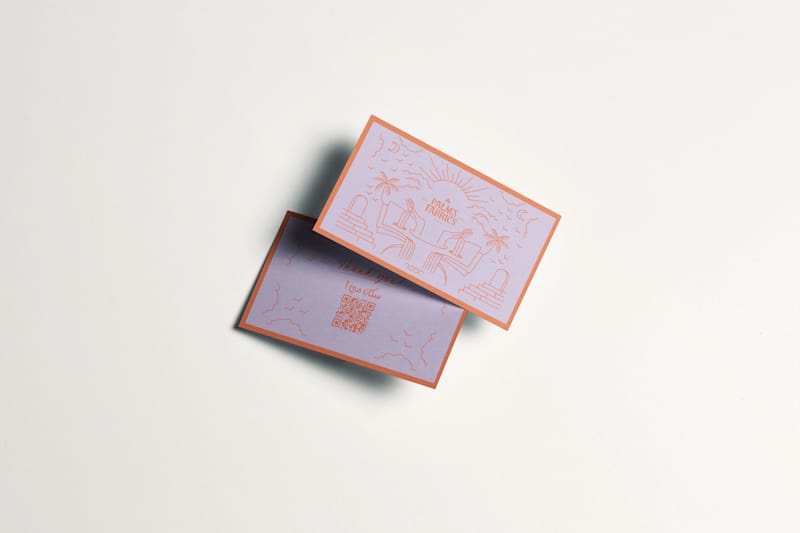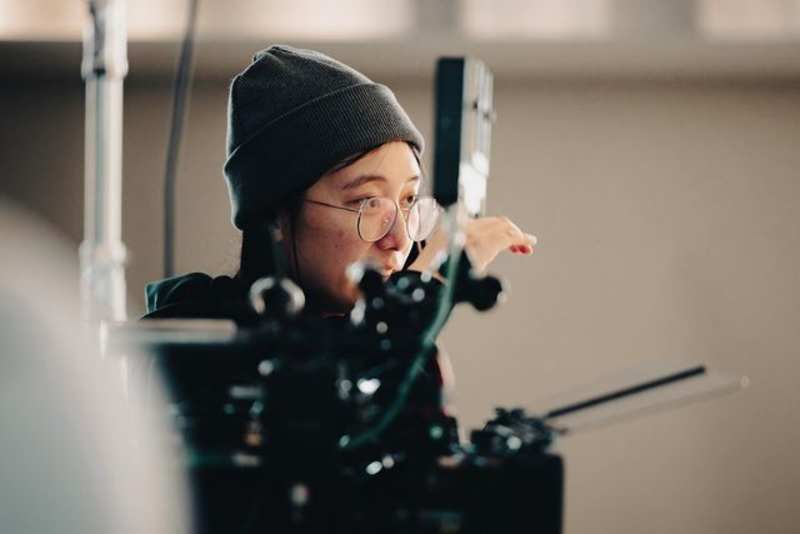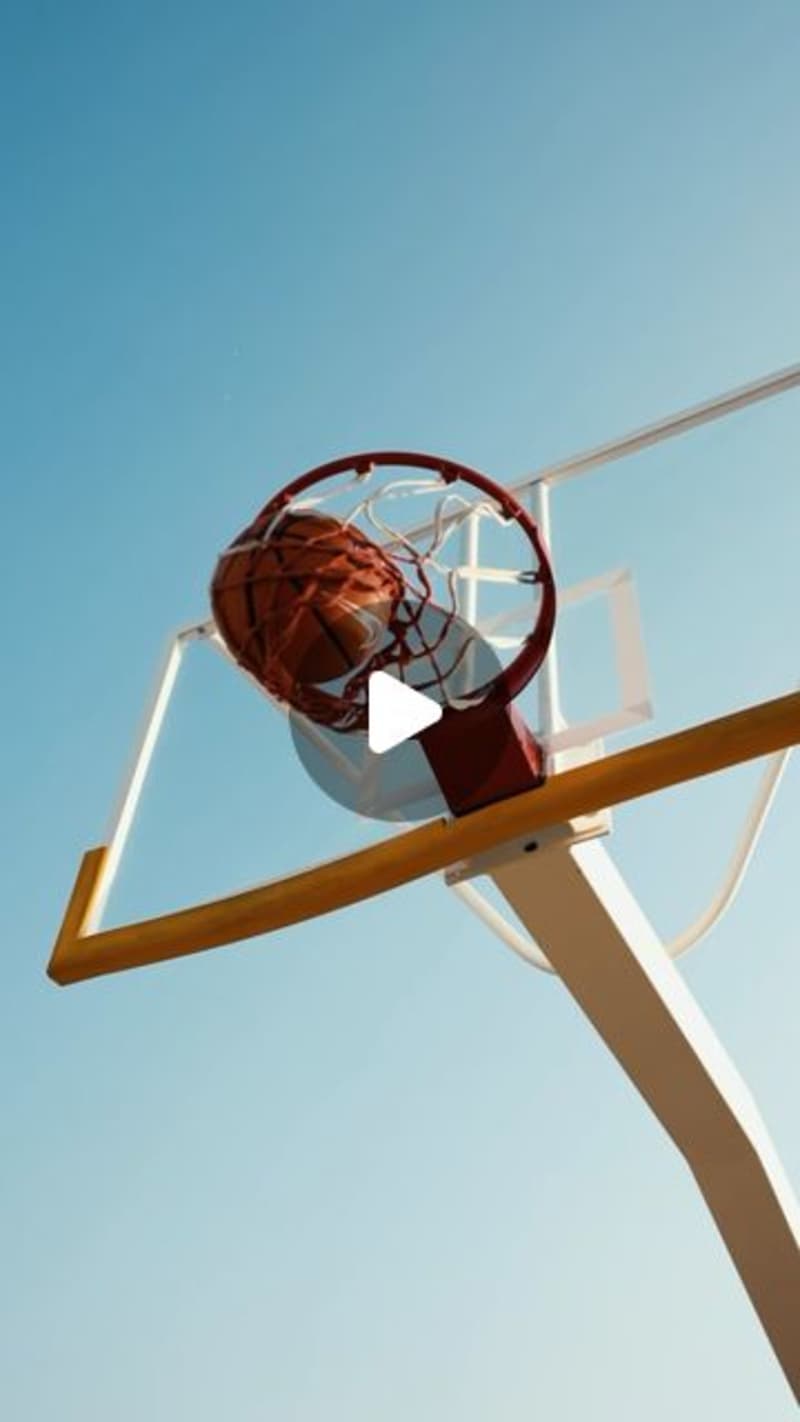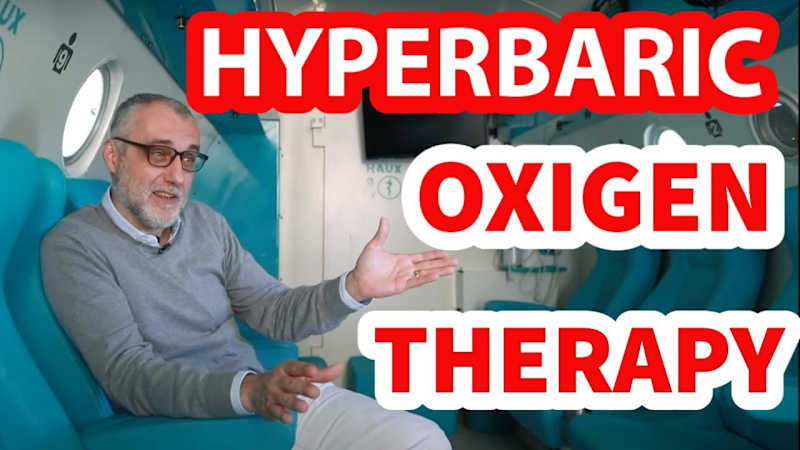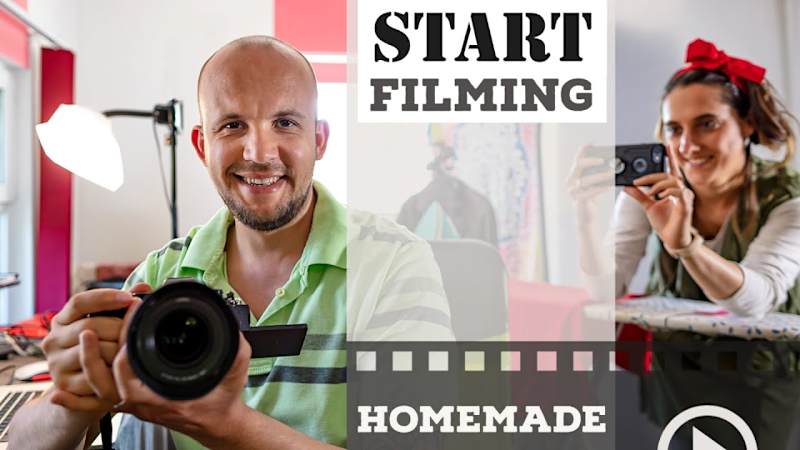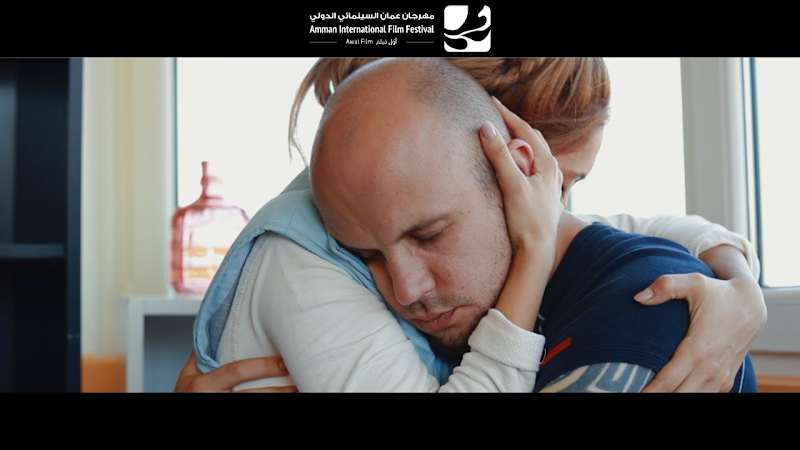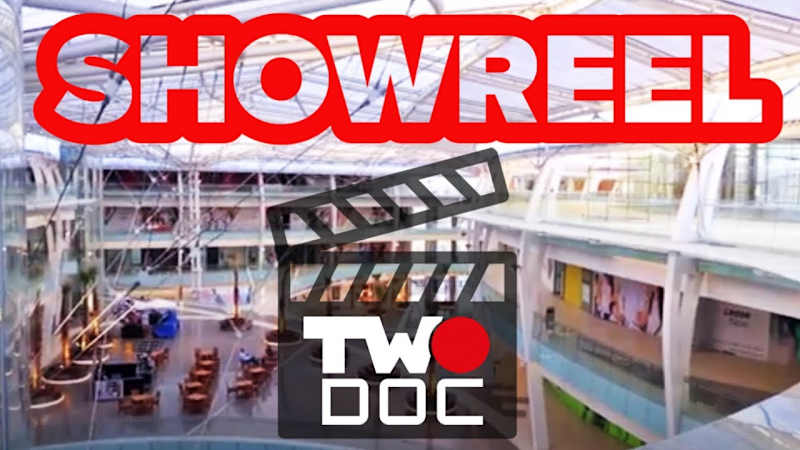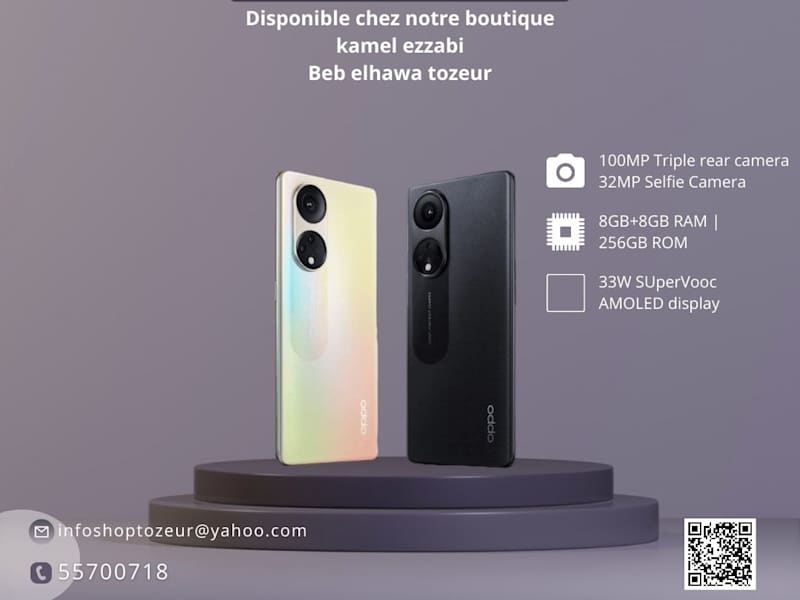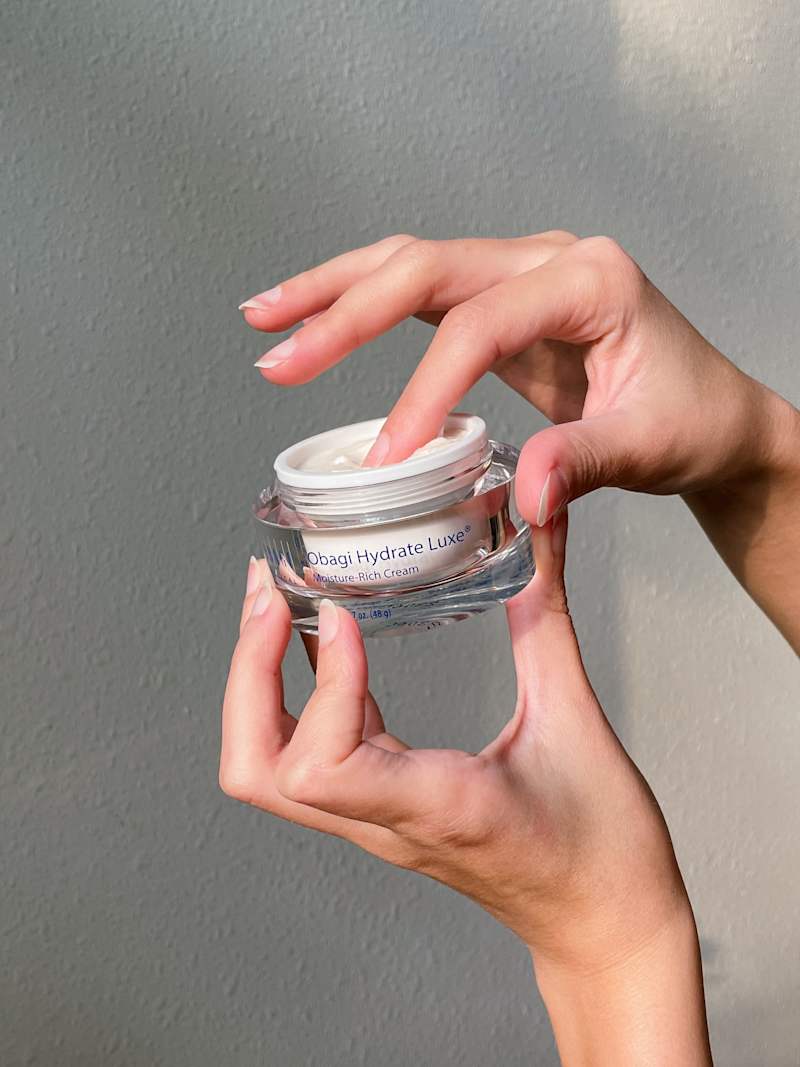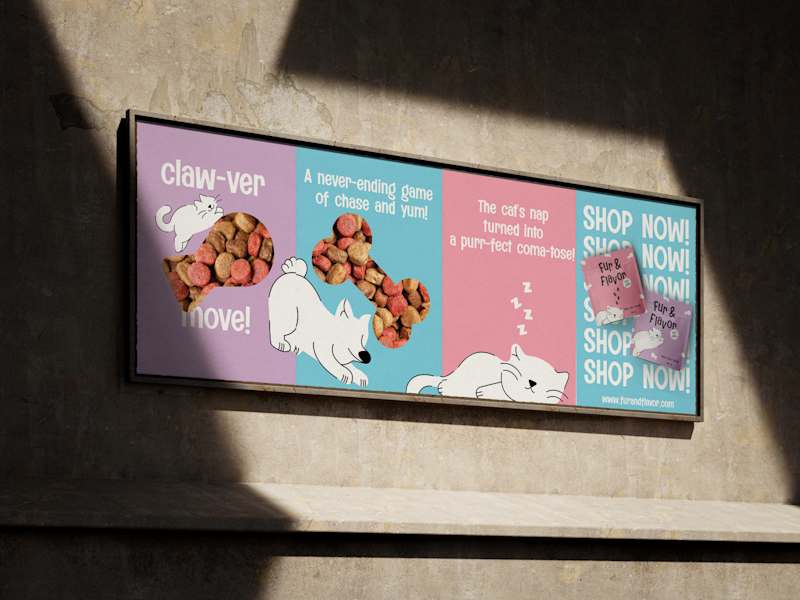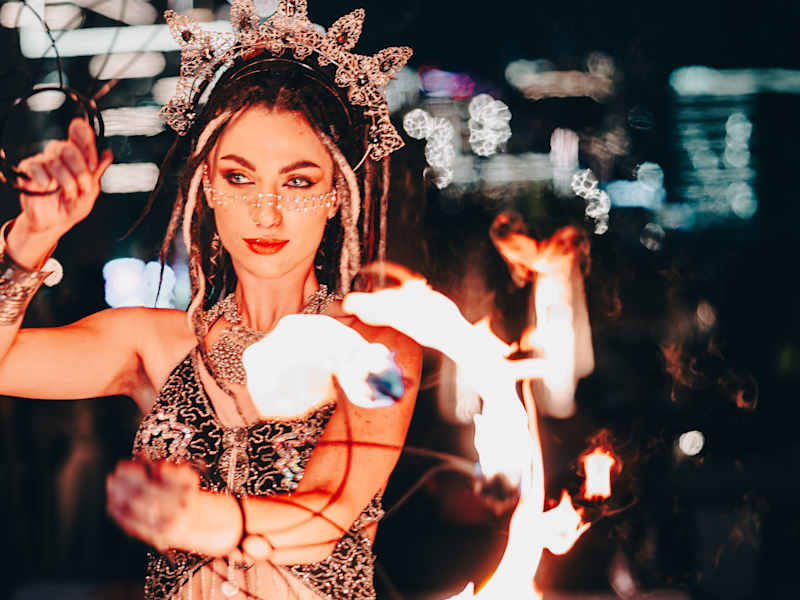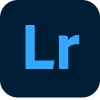What type of photography do you need for your project?
Think about the style and theme of your project. Do you want portraits, landscapes, or product photography? Knowing this will help you find a photographer with the right skills. It's like picking the right brush for a painting.
What is the timeline for your photography project?
Decide when you want the photos to be ready. This will help you plan the schedule. Agreeing on dates avoids last-minute surprises.
Have you outlined the deliverables for your photography project?
Be clear about what you want to receive at the end. Are you looking for digital files, printed photos, or both? Sharing these details ensures everyone knows what to expect.
How will you share the project details with the photographer?
Think about creating a shared document or folder. This makes it easy to share ideas and inspiration. Having everything in one place keeps the project organized.
What mood or message do you want the photos to convey?
Consider the feelings or story you want to tell with your photos. Should they feel happy, serious, or adventurous? Sharing this vision helps the photographer match your style.
Have you considered the locations and settings for your photos?
Think about where the photos should be taken. Locations can change the whole look and feel of your images. Discussing this early helps in planning logistics.
How many photos do you expect to receive from the project?
Be clear about the number of final images you want. This helps the photographer estimate the time and work needed. It's better to be specific about your needs.
Do you need special editing or retouching for the photos?
Decide if the images need extra editing or special effects. Knowing this helps the photographer understand the workload. Clear expectations lead to better results.
What are the file formats you want for the final images?
Consider the file types that suit your needs, like JPEG or TIFF. Different formats work for different uses, like printing or online sharing. This helps with planning the delivery process.
Can you provide examples or references for the style you like?
Think about sharing examples from magazines or online. This helps the photographer understand your taste. Having visual references is a great way to communicate style choices.
Who is Contra for?
Contra is designed for both freelancers (referred to as "independents") and clients. Freelancers can showcase their work, connect with clients, and manage projects commission-free. Clients can discover and hire top freelance talent for their projects.
What is the vision of Contra?
Contra aims to revolutionize the world of work by providing an all-in-one platform that empowers freelancers and clients to connect and collaborate seamlessly, eliminating traditional barriers and commission fees.


